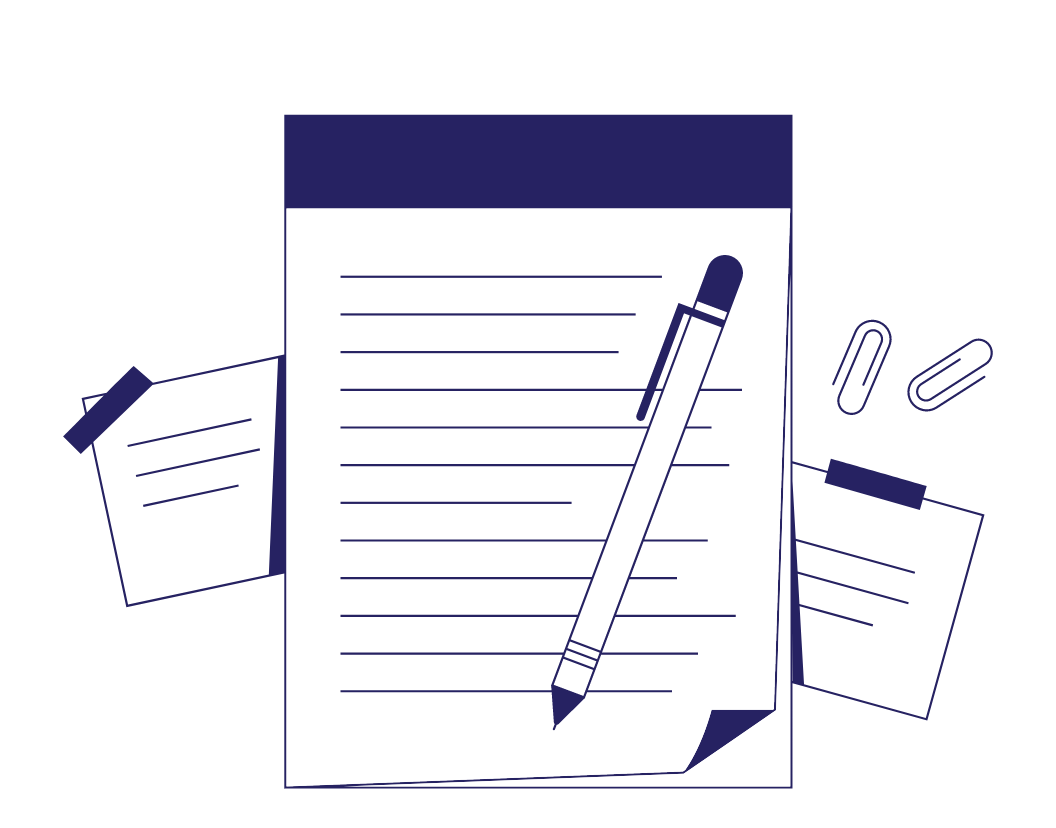
- 3-minute read
- 28th February 2022
Vocabulary Tips: Synonyms for “Sad”
Do you want your writing to be engaging and memorable? One way to achieve this is to vary your language as much as possible. Instead of using the first word that comes to mind, it’s worth taking the time to select one that conveys your meaning more precisely.
In this post, we will look at some alternatives to the often-overused word sad.
What Does “Sad” Mean?
Sad is an adjective that simply means unhappy. It can be used to describe somebody who is experiencing or expressing unhappiness:
Mary Jane was sad because she thought Peter didn’t love her.
Everyone at the funeral looked very sad.
The word sad may also refer to things that induce unhappy feelings:
Despite being a superhero, his life was incredibly sad.
I always cry at sad movies.
Sad also gives us the noun sadness:
The death of his uncle caused him great sadness.
And the adverb sadly:
Some words are sadly overused.
Synonyms for “Sad”
Next time you write about someone who’s upset (or something that’s upsetting), consider using one of these alternatives to sad:
● Anguished suggests extreme distress.
● The phrase feeling blue comes from the nautical tradition of flying a blue flag when a captain dies at sea.
● The word crestfallen derives from the drooping head of a horse defeated in battle. (What could be sadder than that?)
Find this useful?
Subscribe to our newsletter and get writing tips from our editors straight to your inbox.
Subscribe to Beyond the Margins and get your monthly fix of editorial strategy, workflow tips, and real-world examples from content leaders.
● Despondent means in low spirits.
● Forlorn suggests abandonment or loneliness.
● Glum describes someone who looks obviously sad. It suggests a rather short-lived, trivial feeling.
● Heartbroken implies overwhelming loss.
● Joyless is a powerful word because it indicates the absence of any possibility of happiness.
● Describing someone as miserable implies that they are not only sad but unpleasant to be around because of it.
● Rueful indicates sadness as a result of regret.
● Somber suggests great seriousness.
● Someone who’s vexed could be frustrated or anxious.
● Wretched describes someone deeply afflicted by unfortunate circumstances.
This is only a small selection of the words and phrases you could use instead of sad. If you look at a thesaurus, you will find hundreds more! But don’t be tempted to just pick one at random. Always check the exact meaning in a dictionary first because, as you can see from our examples, every word has a slightly different meaning.
If somebody dropped their biscuit into their tea, you wouldn’t describe them as anguished or heartbroken, and if you wrote about someone who accidentally threw away their winning lottery ticket, you’d probably need a stronger word than glum!
Summary: Words to Use Instead of “Sad”
We have seen that there are plenty of words with a similar meaning to sad. When you’re deciding on which one to use, be sure to check the precise meaning, because there are subtle differences between each of them.
As well as spotting errors in spelling, grammar, and punctuation, our proofreaders can also help with word choice. Our service includes highlighting any words or phrases that seem out of place and offering suggestions to revise them. Why not try us out for free by uploading a trial document today?